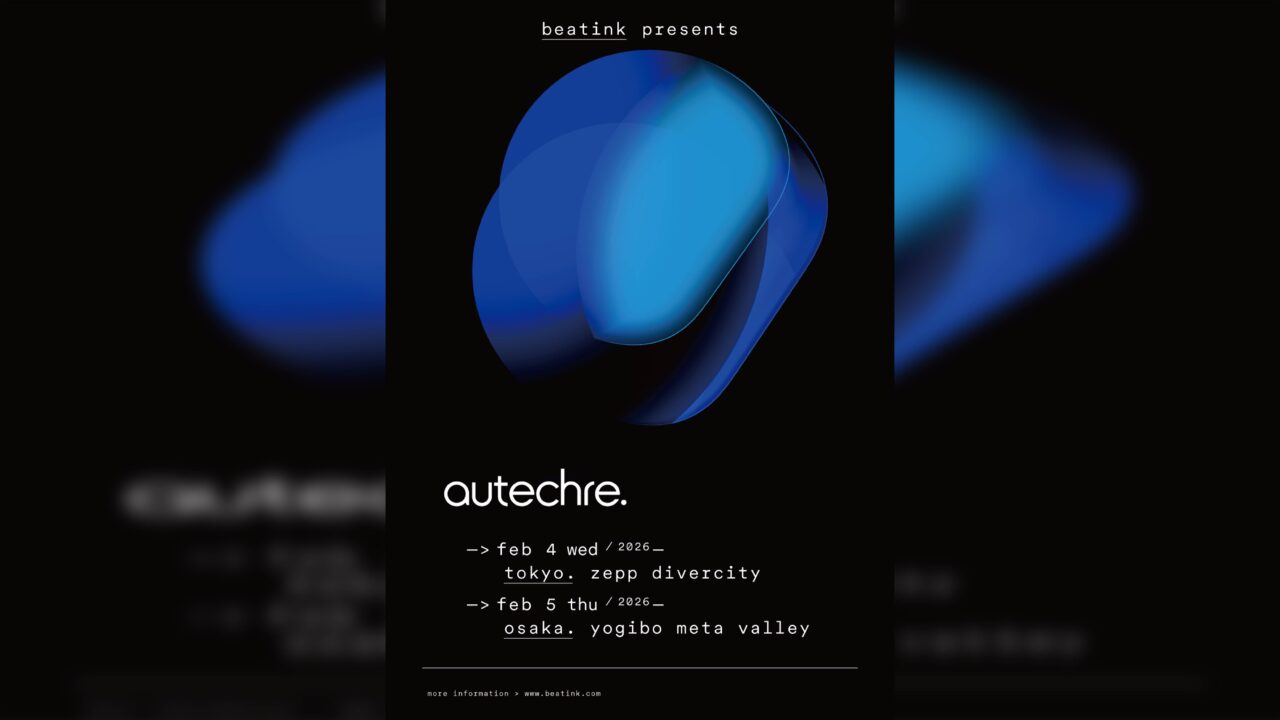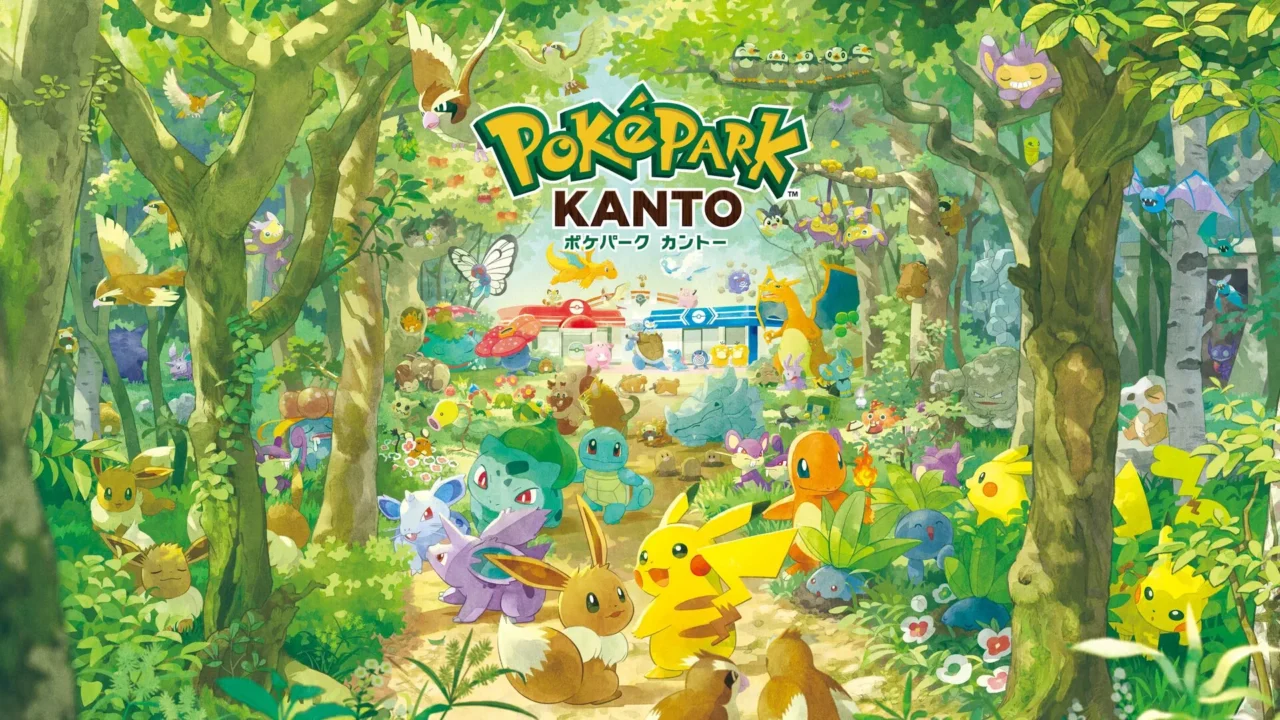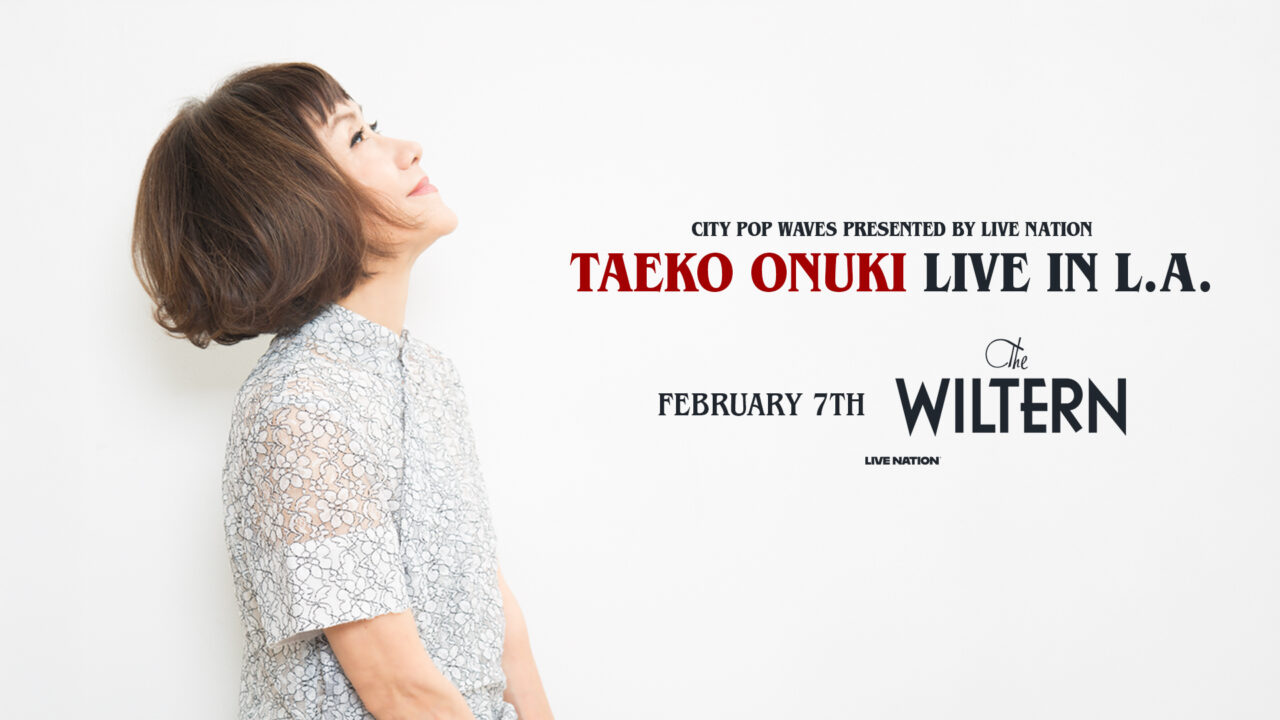YONCE, also known as Yosuke Kawakishi of Suchmos, spearheaded the formation of “Hedigan’s” alongside his longtime friends. At their inaugural live performance last October, both myself and NiEW editor-in-chief Kashiwai were deeply moved, as highlighted in the live review.
Following Suchmos’ announcement of a hiatus in February 2021, YONCE has only made sporadic appearances on notable platforms, including the “Kiyoshiro Imawano Rock’n’Roll FOREVER” showcase at FUJI ROCK FESTIVAL ’21, STUTS’ “Mirage Collective,” and in an adidas advertisement. Why did he opt for this particular moment to launch Hedigan’s? What vision did he have for the band’s return to the stage and its resonance in music? We present an interview with YONCE and his high school friend and catalyst for Hedigan’s formation, Take Ouchi (Dr), split into two parts.
Our hearts were profoundly stirred because Hedigan’s earnestly engages with the core allure of “music” and “bands.”
INDEX
“We came together as five, gave it a shot, and instantly knew: ‘This is the one.'” – (YONCE)
-How did Hedigan’s start? It all started when YONCE gathered the members to participate in The Street Sliders’ tribute album “On The Street Again -Tribute & Origin-” (to be released on March 22, 2023), right?
YONCE (Vo, Gt): Yes, that’s right. When I got that offer, I thought I wanted to work with people who have been in “bands”. Ouchi is the one who I thought had the aesthetics of “bandmanship,” so I asked him to join me at a Thai restaurant. I asked him to play the drums, and we discussed who else would be good, and we came up with Honmura (Takuma) (Ba) and the Kurita brothers (Shoji Kurita (Gt) and Yusuke (Key)).
– “Bandmanship” is something that I think is as important as the heart in Hedigan’s, so I would like to ask you to put it into a few more words.
Ouchi (Dr.): I think it means that there is no such thing as wanting so-called commercial success or wanting to “achieve something through music,” good or bad. I have been neither big nor small in my activities (Ouchi is in seven other bands in addition to Hedigan’s). I think one of the reasons for inviting me was that I have been playing at live houses for more than a decade, like the one I was in with OLD JOE (a band Ouchi and Yonce formed when they were in high school, which disbanded in 2015 but will hold a one-man show on June 1 this year). YONCE: Yes, yes.
YONCE: Yes, yes.
OUCHI: It doesn’t matter where you are or what your status is, you play the music you like with your friends. When we gathered the members for this project, we chose people who are all great players, but more than that, we chose people who we could be friends with for a long time. The Kurita brothers have been friends of mine since we played together in OLD JOE. Motomura-kun was an acquaintance of mine, and when I saw him playing as support for Gateballers and Kaneko Ayano, I felt a strong sense of bandmanship.

-The band actually went into the studio and recorded “Ai no Itade ga hitobanju” (from “On The Street Again -Tribute & Origin-“), which was a great response to the song. What was the point of that response?
YONCE: It all comes down to the fact that it was cool, and after the five of us tried it out together, we came up with something that we thought “this is it. I thought it would be different if we just ended up doing covers, and I wanted to make it a regular practice to write and release our own songs. I thought that a band would be the best way to do it, so we decided to do it.
Ouchi: I had the feeling that “it was OK to do it so naturally (as a band). We had prepared a day for sound check and a day for recording, but the one we recorded on the day of sound check was the best, so we just went with that and recorded it. To put it a little exaggeratedly, it was like delivering a practice recording.
YONCE: In a serious situation, it would be easy to say, “Well, let’s go over this one more time,” but we were able to do it without that atmosphere, and it was actually good. This is also a part of the EP (“2000JPY”), but I think the band’s roughness, which is not overworked, is what makes it so tasty.
-I think it is important for Hedigan’s music not to be too bleached, not to erase the human energy, and not to be too clean like the products on the market. When you started recording The Street Sliders, did you have a desire to be in a band, or what kind of band did you think you wanted to be in after Suchmos’ hiatus? Could you tell us about your change of mind?
YONCE: Before we got together for the Street Sliders, I was quite passive in my stance toward music, even before the band, and looking back over the past three years since Suchmos’ hiatus, I have not released any works on my own initiative, but rather have taken up invitations to join bands. I did my best each time, but I did not approach music with the mindset of creating something new for the sake of it.
I was more interested in the stability of my mind. I was interested, or perhaps I wanted to be interested. So, as I have mentioned from time to time, I tried helping out in agriculture, dipping my toe into traditional crafts, and other things. I am still doing that. I have a mentor in the rice paddies at, and I think that spending time with him has helped me to re-focus my mind on music. The timing of the recording of The Street Sliders was very good for my personal flow.
INDEX
“When confronting life’s challenges, it’s not about grand gestures, but rather, embracing each moment with simplicity and joy.” – (YONCE)
-Can you tell us what you talked about, what you felt, and what you were able to set in your mind when you were spending time with your mentor?
YONCE: I picked up from what he said that the only way to face things is not to do anything grandiose, but to just take it easy and enjoy what is happening in the moment. The Street Sliders tribute was a job that I had been able to do only because I had been cast, but when I thought about what new elements I could add to it, or what I could do that would be interesting or enjoyable, I realized that I like band sounds, and that is all I have ever done.
-So, for example, if you had been singing along to prepared backing tracks, it wouldn’t have led you to forming a band again.
YONCE: Yes. If I had not asked Gaku, I don’t think we would be where we are now.

-You have completed your first tour in Tokyo, Nagoya, and Osaka, “Hedigan’s Live Tour,” and you have been performing at live houses consistently.
YONCE: I have been nervous since the formation of Hedigan’s. I have always been nervous right before going on stage. I have always been the type of person who gets nervous right before going on stage. As Shoji said during the tour, there were a certain number of Suchmos fans among the audience, and there were a few people who looked at us like, “What’s it like? But Hedigan’s is not an answer to that. Of course, I personally see Hedigan’s in the flow of the music, but I don’t care if I look like Hedigan’s. Hedigan’s is Hedigan’s, both in my works and on stage. Hedigan’s is Hedigan’s, both in our works and on stage. But even so, it is a fact that there are people like that. There is a tension towards such people.
-I think I have had experiences in the past of having my heart worn out by the misunderstandings and words of the public. I am happy that you have come back to the stage again, but I am also wondering what kind of thoughts you have in your mind now.
YONCE: As is often the case with human beings, I still feel conflicted about situations over which I have no control. But that can’t be helped. It sounds negative to say “it can’t be helped,” but that’s just the way it is these days.
Ouchi: When I see the faces of the customers at Hedigan’s, I find it interesting. I wonder what they are thinking. I think there are some people who don’t understand us at first when they see us in the context of what we have been doing. But when I see their surprised faces, I am happy [laughs].
-I think that’s what it’s all about.
YONCE: That’s all there is to it. On the contrary, it is difficult to find any other joy than that. The question of whether music is a job or not has always haunted me, but in the end, it doesn’t really matter which one it is. In the end, it doesn’t really matter which way you look at it. Whether or not you are making money as a result of it is meaningless, and it’s not really something you think about. It’s not something I’m trying to achieve.
Ouchi: I have always had the sense that I should not make music something that is convenient for myself.

INDEX
“As I grew disinterested in merely receiving, I yearned to forge my own path to sustenance or to embrace the ability to give back, you understand?” – (YONCE)
-I felt keenly that the music I was making was not for commercial purposes when I saw the debut live performance at “EPOCHS – Music & Art Collective” (see report article ). What made you choose to put the music you made in this way on a major label’s distribution?
YONCE: I like the title of the EP (“2000JPY”) a lot. It’s the feeling of asking a question. The point of this is that after the staff contacted me and said, “We’ll put it out for 2,000 yen,” I said, “Well, the title should be ‘2000JPY. It is strange that music has a price. Money can be exchanged for all kinds of things, but (music) doesn’t make you hungry. And this is coming from a major label. What do you think? We neither deny it nor approve of it. We don’t deny or approve of it.
Ouchi:This may sound contradictory, but when it comes to music, the actions of the other side are even more important. You have to get people to really listen to it, or to visit it and see it. That is because they have already given us “value. You can’t avoid paying money or spending time on the road to getting people to listen to you. But when I talk to them, I think that maybe they are not looking for just anyone. Maybe they are looking for someone who shares their values.
YONCE: Yes, that’s right. As with any form of expression, there are people who pass by and people who stop. In a museum full of paintings, there are people who stand in front of a particular painting and think about it. We are just one of them. Maybe it is a painting that makes people stop and say, “I know how you feel. I don’t like to look at pictures with a lot of annotations or frames or anything that says, “Look at this” [laughs].
Ouchi: Then why do you sell them? I’ve just made it clear to myself.

-I was rereading an article from 2015, when I first interviewed YONCE before coming here, and at the time he talked about his desire to make cool music and make-money. How would you say your approach to music and bands has changed over the past nine years as you have moved on with your life?
YONCE: It sounds contradictory, but of course I want to eat. That feeling has not changed. However, the fact is that I wasn’t satisfied with what I ended up getting a lot of. That was a learning experience for me. In the end, I didn’t buy a super expensive foreign car, and I spent most of my money on vintage guitars and amps that produced good sound, but so what? I don’t know if I made myself or the people around me happy, but rather, the fact that I became the center of attention probably made the people around me happy to some extent.
So I have lost interest in receiving, and I want to be able to make my own food and to be able to give it to others. I guess that’s all I want to do and say these days. Of course there is a part of me that can’t help it. I am the front man, and I am the one standing in the center of the spotlight on stage, but that is only for that time. The rest of the time I want to be a person who supports various things. In short, I want to play a supporting role.
-No, that is not selfishness.
Ouchi: Maybe the supporting character trait is shared by all the members. Maybe it doesn’t look that way. They all have strong personalities, but they are not “me, me, me” kind of people. They are really “music workers.
YONCE: Yes. We are doing well because we have music in the center.
-I felt that the final show of the tour was like that (live report). Music is at the center, and you are dedicated to music.
YONCE: I’m glad if that was conveyed.
OUCHI: Maybe that’s all there is to it.

Hedigan’s 2000JPY
February 21, 2024 release
CD, ¥2,000 incl. tax KSCL-3479























